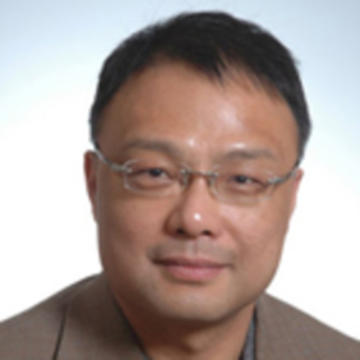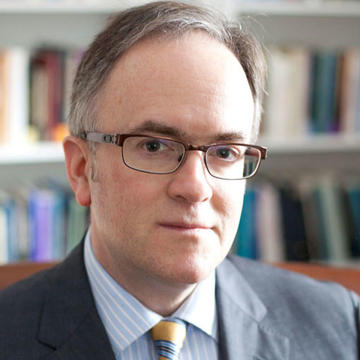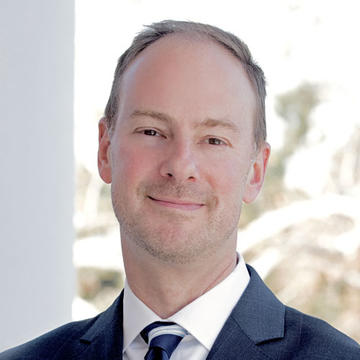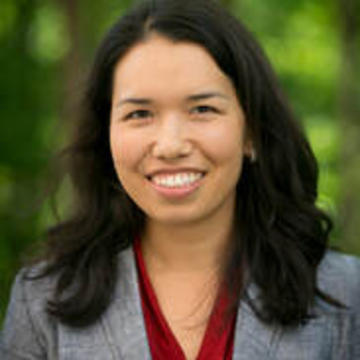Shutterstock.com
The pandemic and great power competition
Kurt Campbell, Zhu Feng, John M. Owen IV, Todd Sechser, Jessica Chen Weiss
11:00AM - 12:00PM (EDT)
Shutterstock.com
Event Details
How has the COVID-19 crisis affected the emerging rivalry between the United States and China? Has the pandemic sharpened great power competition, or highlighted the need for mutual cooperation?
Miller Center experts Todd Sechser and John Owen join former assistant secretary of state for East Asian and Pacific Affairs Kurt Campbell, Nanjing University China expert Zhu Feng, and and Cornell University China scholar Jessica Chen Weiss to consider how the international order has been reshuffled by the pandemic, and who could emerge in a stronger position once the crisis subsides.
This event is co-sponsored by the UVA Democracy Initiative’s Statecraft Lab.
When
11:00AM - 12:00PM (EDT)
Where
Speakers

Kurt Campbell

Zhu Feng

John M. Owen IV

Todd Sechser

Jessica Chen Weiss